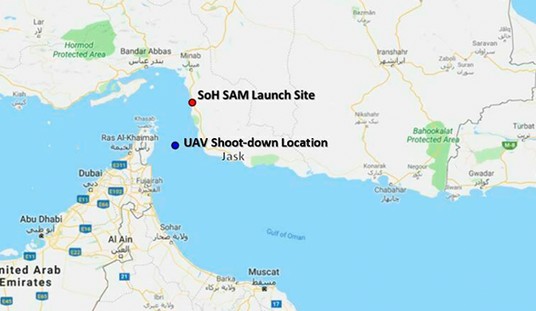Le sigh. The International Monetary Fund and World Bank are in the midst of their spring meetings, and found themselves obliged to ever-so-slightly revise their projections for global economic growth in their latest report:
In a periodic update to its economic projections, the fund said on Tuesday that it expected global growth of about 3.3 percent this year and 4 percent in 2014. That is a reduction of 0.2 percentage point since its January estimate for 2013; it did not change its estimate for next year’s growth. …
Recession continues to afflict Europe, and the world still struggles with high unemployment, but risks to the downside — in particular from the threat of a country’s leaving the euro zone and from fiscal policy uncertainty in the United States — have faded.
“Global prospects have improved again but the road to recovery in the advanced economies will remain bumpy,” said the report, called the World Economic Outlook. “Policy makers cannot afford to relax their efforts.”
The report again focuses in no small part on the economic troubles emanating from Europe. The fund cut its projections of current-year growth for the euro zone economies of France, Italy and Spain, as well as for Britain, which has also carried out austerity policies and entered a period of economic contraction.
Bumpy. Uhm, guys? What is this faded risk in regards to a country leaving the eurozone we’re talking about? Are we perhaps forgetting something in this mildly reduced yet oh-so-cautiously positive outlook for global economic growth? Like, oh, I don’t know — the fact that the European debt crisis is still wildly unresolved and will probably continue to be so as long as the euro keeps acting like a cancer on the competitiveness of the entire region? All of the monetary easing and bailout packages and whatever else in the world won’t undo the fact the the entire eurozone is in a very deep pickle that is going to cause a lot of material pain no matter which way it plays out, as Walter Russell Mead broke down on his blog today:
As Münchau points out, this situation means that Europe’s single currency has in effect already failed. €300,000 in Germany is not the same as €300,000 in Italy or Spain, and there is no way to equalize values without years of wretched and ruinous pain. …
So we’re in an interesting situation. The crisis is crippling the south, but the south has no power to resolve the crisis. The crisis isn’t comfortable for the north but still looks less painful than the solution. So the north, which has the ability to resolve the crisis, doesn’t have the will to do it and the south, which has the will, lacks the ability
And meanwhile everything in Europe gets worse. As we’ve said before, with the exception of communism itself, the euro has been the biggest economic catastrophe to befall the continent (and the world) since the 1930s.
I wonder when these guys are finally going to admit that the entire euro experiment was a serious mistake. By the looks of it, not any time even remotely soon.








Join the conversation as a VIP Member